The New South Wales (NSW) Electrification and Energy Systems Network (EESN) has awarded over $1 million (USD 640,000) in seed funding for groundbreaking projects focused on reducing carbon emissions through electrification.
As part of a NSW government initiative, the NSW Decarbonisation Innovation Hub (DIH), the grant scheme funds projects focusing on technology innovation, development, and impact, such as open platform for real-time renewable energy bidding and trading, and recycling of lithium from discarded battery materials.
The grants range from $50,000 to $200,000 and enable collaborative projects between universities and industry by providing essential funding for early-stage innovations.
The evaluation process is conducted independently by an industry advisory board.
NSW DIH Electrification and Energy Systems Director Professor John Fletcher said the grants are a significant milestone in this early stage of the EESN.
“Our independent industry advisory board worked hard to assess the 21 proposals and select the awardees. We now look forward to the awarded projects delivering their impact,” Fletcher said.
The recipients include the University of Wollongong’s (UOWs) identifying and removing barriers for electricity system planning project and the University of Sydney (USYD)’s recycling of lithium from discarded battery materials project.
Two projects from Macquarie University in Sydney received funds for research into powering e-shuttles with optimised routes and magnetised cement charging and AI-driven energy management platforms.
Two projects were also awarded grants at the University of New South Wales (UNSW) for research into an open platform for real-time renewable energy bidding and trading, and to develop device electrification functionality for the Australian PV Institute’s (APVIs) SunSPOT solar and battery calculator.
Lastly, the University of Technology Sydney (UTS) was awarded funds for its research into cost effective wireless energy harvesting from high voltage transmission lines.
Over 18 months, the selected projects will work towards translating electrification and energy systems technologies and innovations, and address regulatory, policy, community transition, and economic barriers to decarbonisation, leading to significant economic impact and capacity building across NSW.
This content is protected by copyright and may not be reused. If you want to cooperate with us and would like to reuse some of our content, please contact: editors@pv-magazine.com.
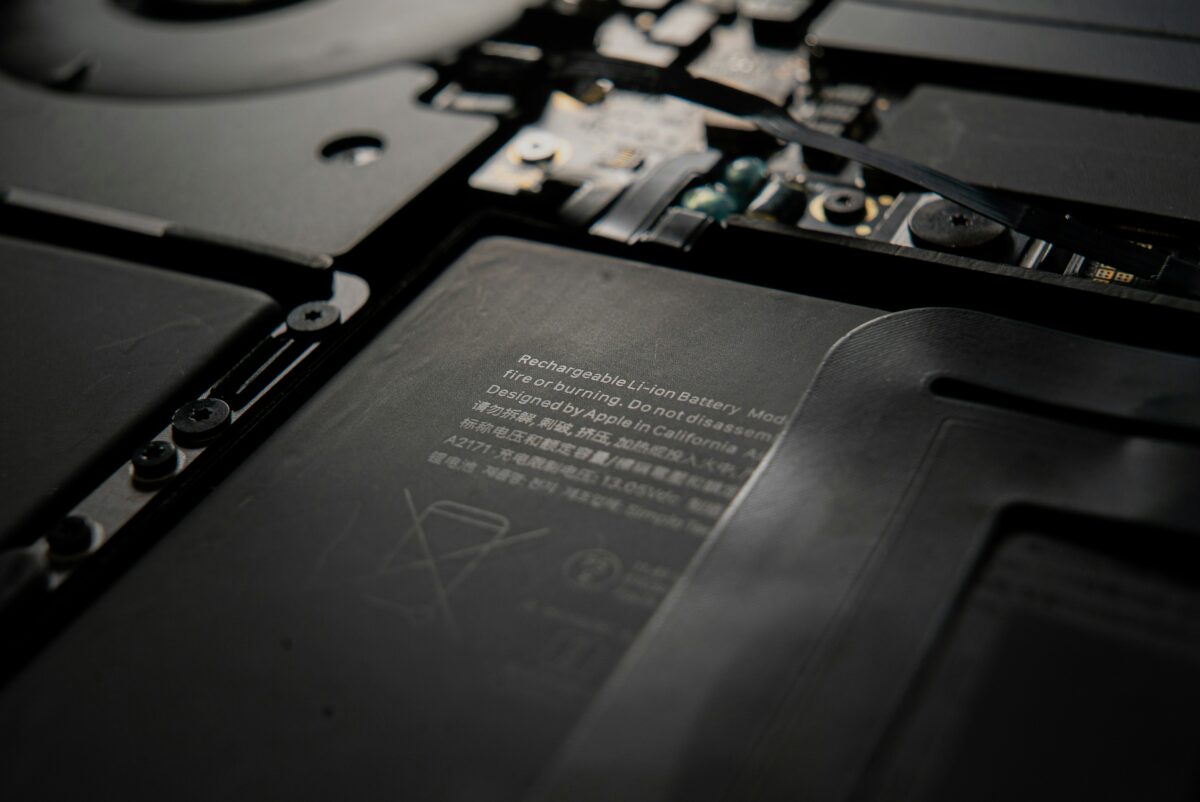


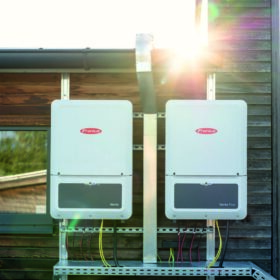

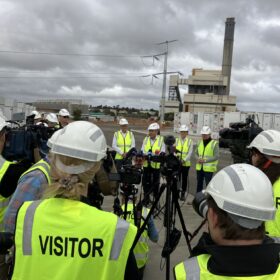
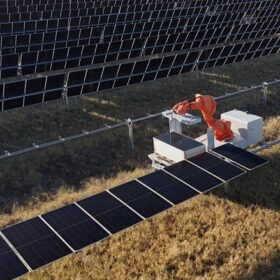
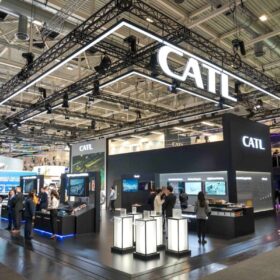
By submitting this form you agree to pv magazine using your data for the purposes of publishing your comment.
Your personal data will only be disclosed or otherwise transmitted to third parties for the purposes of spam filtering or if this is necessary for technical maintenance of the website. Any other transfer to third parties will not take place unless this is justified on the basis of applicable data protection regulations or if pv magazine is legally obliged to do so.
You may revoke this consent at any time with effect for the future, in which case your personal data will be deleted immediately. Otherwise, your data will be deleted if pv magazine has processed your request or the purpose of data storage is fulfilled.
Further information on data privacy can be found in our Data Protection Policy.